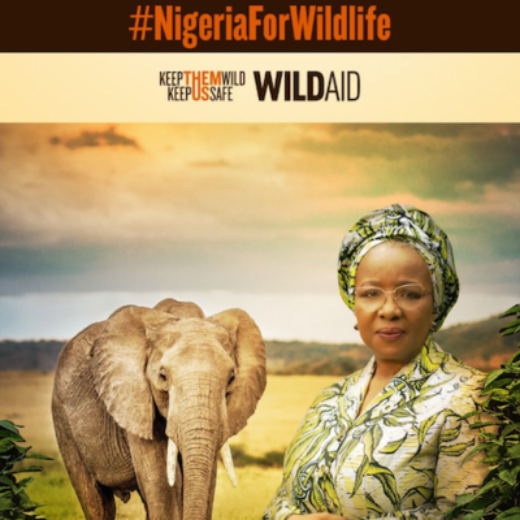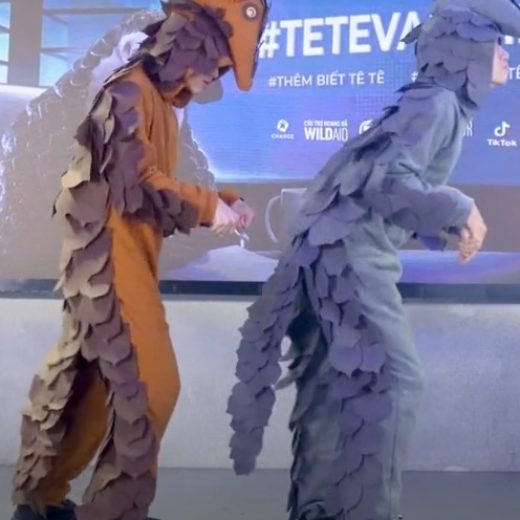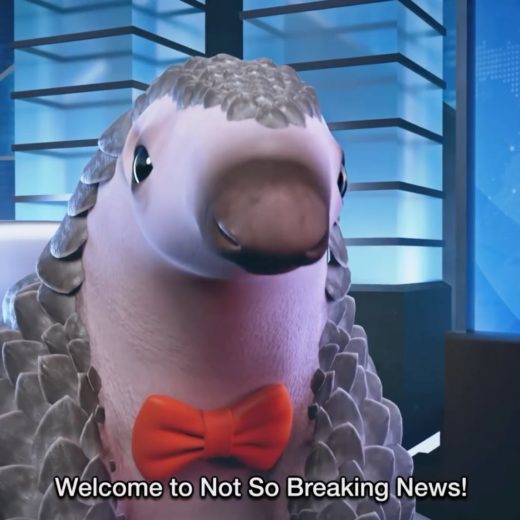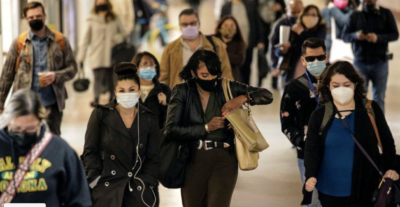


By: Martin Webber
The Covid-19 pandemic has not only generated a year of economic dislocation but it is also set to prompt radical long-term changes to how we live and work.
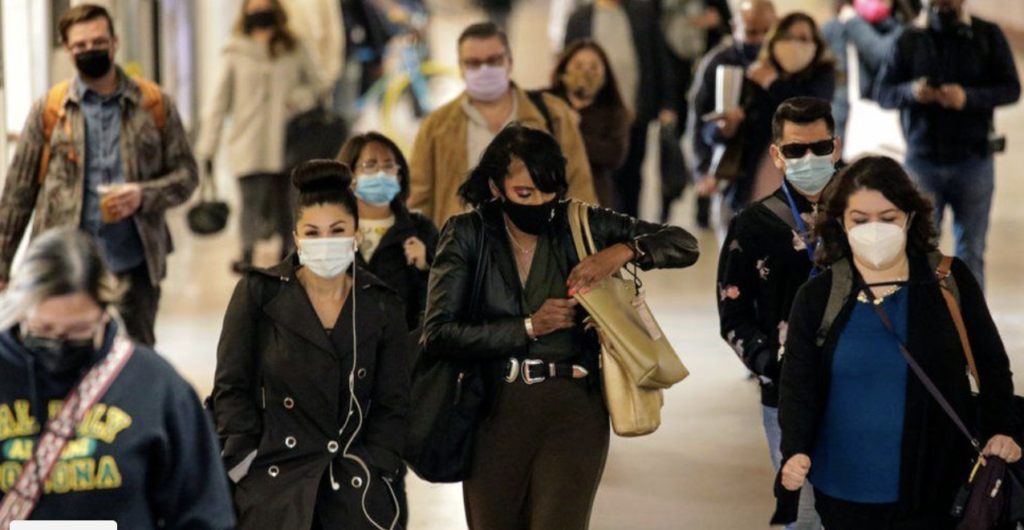

In addition, the pandemic once again highlighted the risks humans take by permitting small parts of the food supply industry to keep live animals in appalling conditions in tiny cages.
Nobody knows for sure, but the top theory is still that Covid-19 was bred in a live animal section of a “wet market” in Wuhan in China.
And then this virus was circulated effortlessly by one of mankind’s supposedly greatest achievements: cheap and frequent global air travel.
One man who has warned for years about wild animal markets is Peter Knights of the campaign group, Wild Aid, who describes them as “a small corner from hell”.
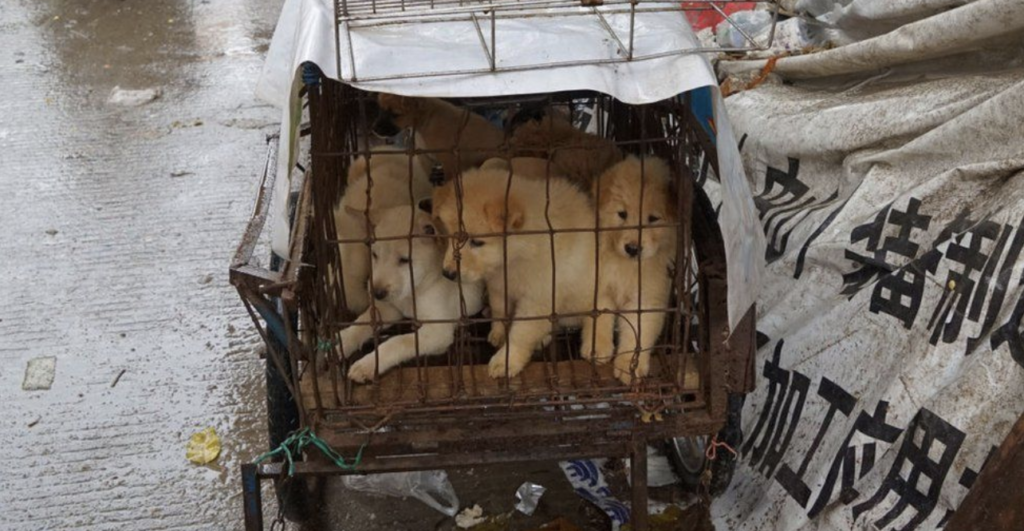

Wild Aid has film from China showing tiny cages full of geese, cats, snakes and other animals stacked on top of each other.
“The sound is of various animals in distress. The conditions are disgusting,” says Mr Knights, adding”we’ve got to stop [the live trade in exotic species for food]… it makes no sense to allow it to continue”.
Scientists point out that the 1918 Spanish flu pandemic is thought to have begun with birds, HIV with apes and Ebola with bats.
“These animals [in wildlife markets] will be very stressed in the small cages they’re kept in, and that makes for ideal conditions for diseases to multiply,” he says.
This focus on food supply chains is supported by Devi Sridhar, professor of global public health at Edinburgh University.
“All it took for this to take place was a single spillover event. At some point one of the million or so viruses circulating in the animal kingdom jumped to a human and was able to sustain human-to-human transmission,” she says.
Governments should be “looking at our animal practices, deforestation, how we raise animals in factories, if we are using antibiotics and what conditions they are kept in,” she argues.
Prof Sridhar also thinks there are lessons to be learnt from the way authorities in different countries tackled the pandemic.
Countries that took drastic measures to stop international travel have been most successful at limiting both the health and economic damage from the virus, she suggests.
Stay in touch and get the latest WildAid updates.
SIGN UPAbout WildAid
WildAid is a non-profit organization with a mission to protect wildlife from illegal trade and other imminent threats. While most wildlife conservation groups focus on protecting animals from poaching, WildAid primarily works to reduce global consumption of wildlife products such as elephant ivory, rhino horn and shark fin soup. With an unrivaled portfolio of celebrity ambassadors and a global network of media partners, WildAid leverages more than $308 million in annual pro-bono media support with a simple message: When the Buying Stops, the Killing Can Too.
Journalists on deadline may email communications@wildaid.org
